Egypt’s Foreign Minister Badr Abdelatty renewed calls for a ceasefire to the civil war in Sudan, alongside the protection of Sudan’s sovereignty and unity, in a meeting with Sudanese Foreign Minister Hussein Awad Ali.
The civil war in Sudan has killed an estimated 20,000 Sudanese, and displaced over 10 million civilians.
Abdelatty and Ali’s discussions took place outside of the United Nations General Assembly’s 79th annual meeting, on Sunday, 22 September.
These discussions follow previous talks between both men on 9 September in the Egyptian Ministry of Foreign Affairs.
Abdelatty’s Statements
During the discussions, Abdelatty summarized Egypt’s efforts thus far to put an end to the conflict in Sudan, which include diplomatic talks and humanitarian aid.
Abdelatty also emphasized Egypt’s commitment to ensuring humanitarian aid is able to reach Sudanese civilians in need, and thanked Ali and the Sudanese Sovereignty Council, headed by Abdel Fattah Al-Burhan, for allowing the entry of food aid through the Adre Crossing from the United Nations’ World Food Programme.
Ali and Abdelatty also agreed to remain united against unilateral actions by states that threaten the sovereign rights of Egypt and Sudan, a reference to Ethiopia’s decision to proceed with the fifth filling of the Grand Ethiopian Renaissance Dam (GERD) against Egypt and Sudan’s wishes.
Egypt’s Efforts regarding the Sudanese Civil War
Egyptian President Abdel Fattah El Sisi was the first world leader to meet with Al-Burhan outside of Sudan since the beginning of the war outbreak in April 2023. Both leaders last met in February 2024 to further discuss ending the conflict.
Sudanese stability is geopolitically significant for Egypt.
Firstly, because the civil war has resulted in an estimated 500,000 Sudanese refugees fleeing to Egypt, which has raised concerns regarding increased pressure on Egypt’s ailing infrastructure and water resources. Other estimates place the number of refugees as high as 697,000.
Secondly, due to Sudanese support of Egypt’s concerns regarding the GERD. Both Sudan and Egypt are downstream of the Nile river. The filling of the GERD could decrease hydropower generation and irrigation supplies in Sudan, as well as threaten more electricity shortages and proliferate crop failure in Egypt.
Both Egypt and Sudan have repeatedly criticized Ethiopia’s unilateral fillings of the GERD, despite ongoing negotiations that hoped to reach an agreement between the three nations.
A united and stable Sudan is seen as important for Egypt’s efforts to successfully lobby against Ethiopia’s actions.
The Sudanese Civil War Thus Far
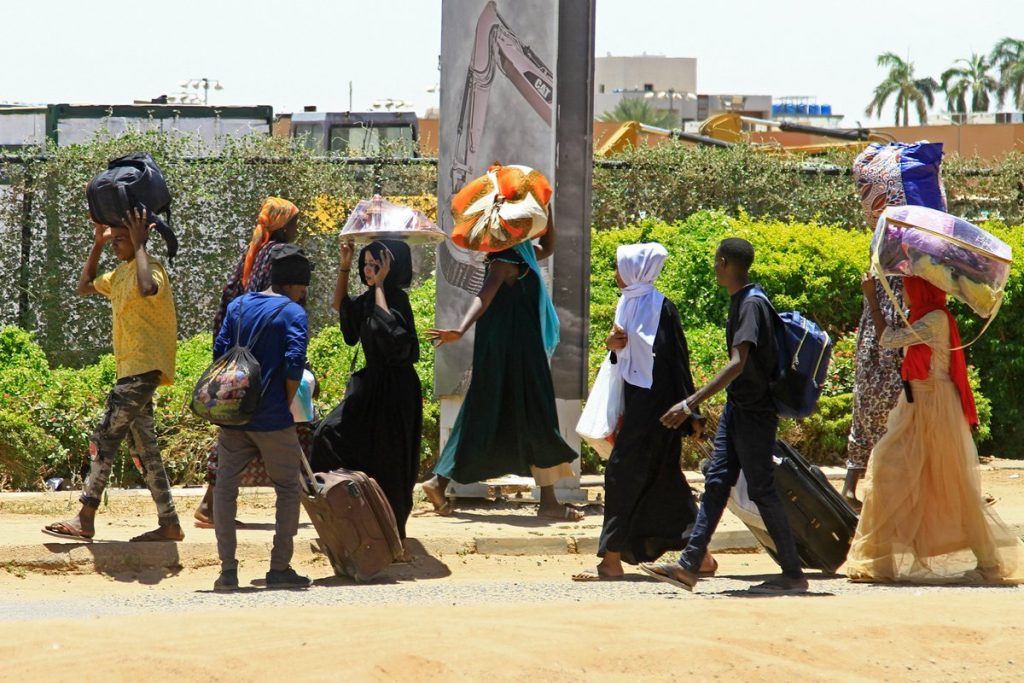
The civil war in Sudan began when fighting between the Sudanese Armed Forces (SAF), led by Al-Burhan, and the paramilitary Rapid Support Forces (RSF), led by Mohamed Dagalo, broke out in April, 2023.
Dagalo and Al-Burhan, initially allies, had previously signed an agreement to work towards achieving democratic civilian rule. However, conflict emerged over a clause which stipulated the SAF was to absorb the RSF, with Al-Burhan maintaining his position as military leader. Dagalo attempted to delay the implementation of this clause, which in turn prompted the civil war.
Since then, an estimated 20,000 Sudanese have been killed according to Director General of the World Health Organization, Tedros Ghebreyesus. A further 10.5 million Sudanese are estimated to be displaced from their homes, with 2.2 million of those being forced to flee to neighboring countries. Approximately half of Sudan’s population is facing dire food insecurity.
Despite peace efforts, ceasefire talks between the SAF and RSF have been initiated and repeatedly broken.
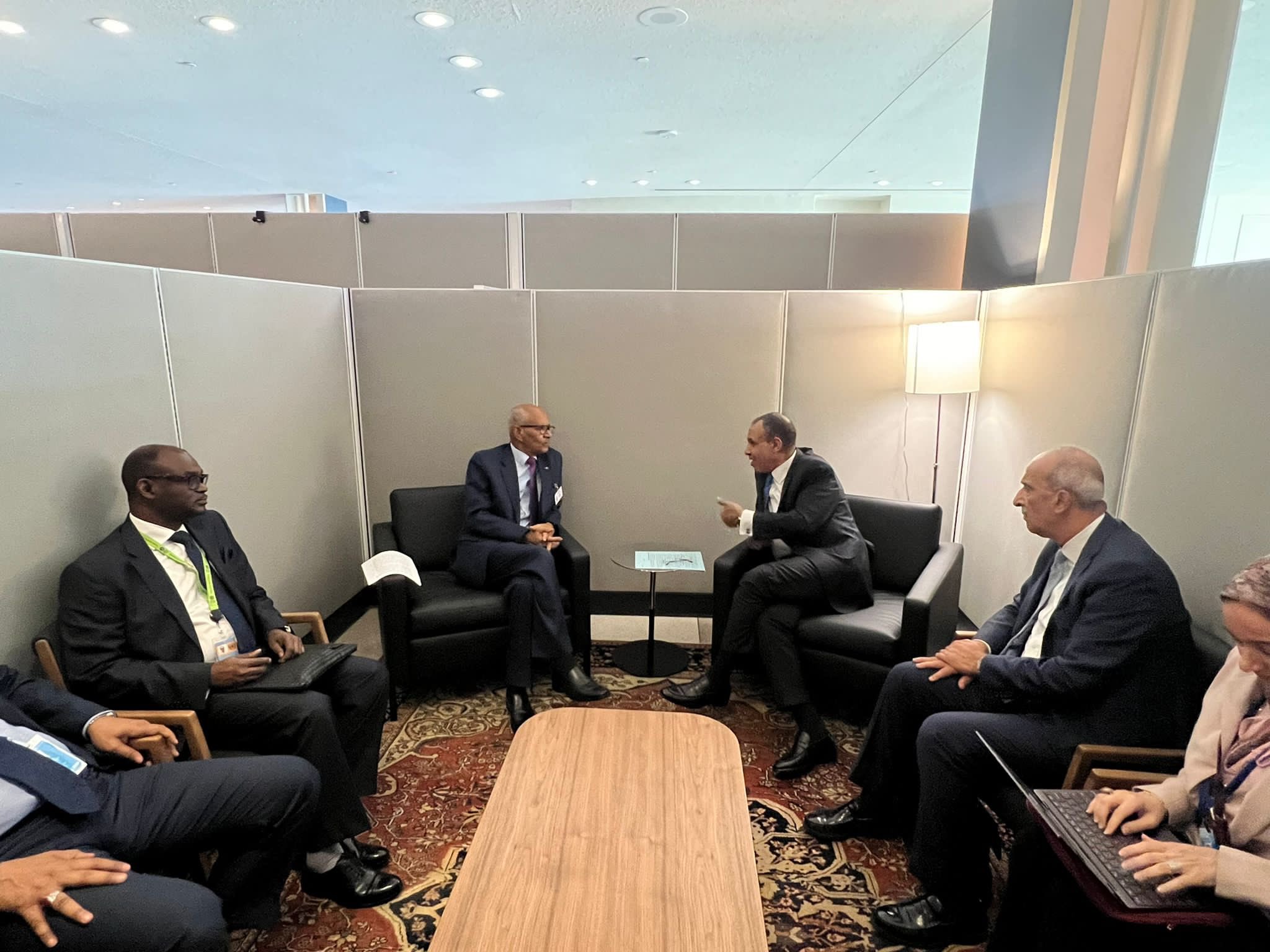



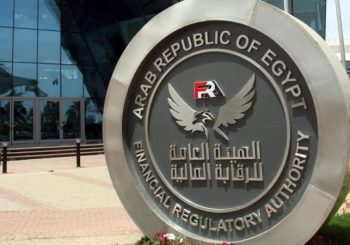
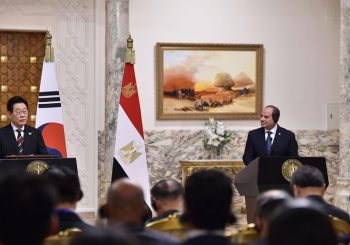
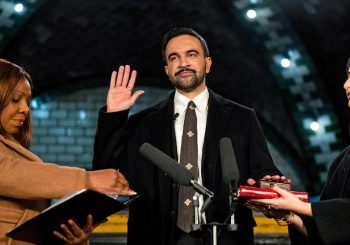
Comments (0)